Jesse Tisch
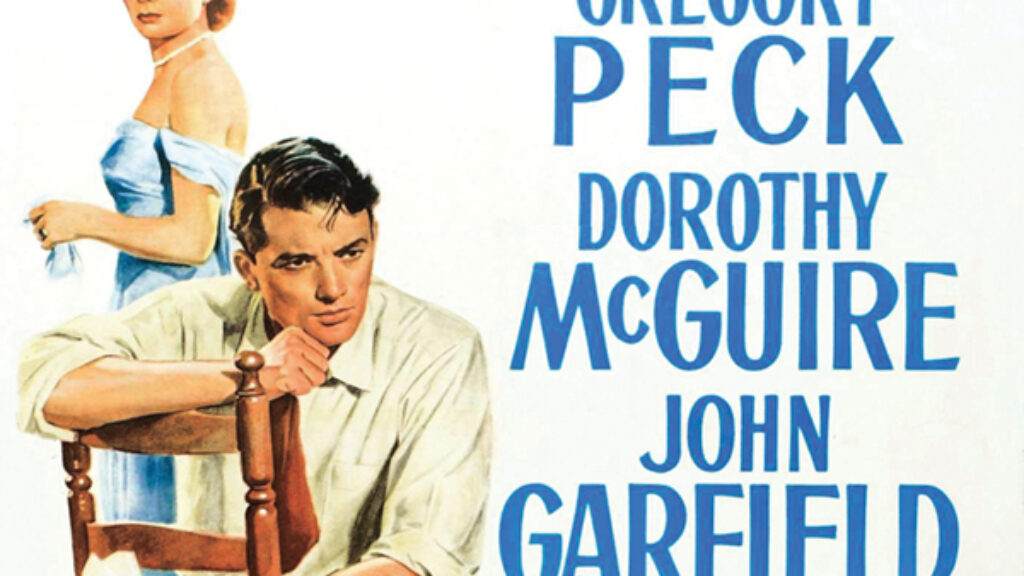
Middlebrow’s Moment
In the 1950s, Americans were introduced to Judaism. But what kind of Judaism, exactly?
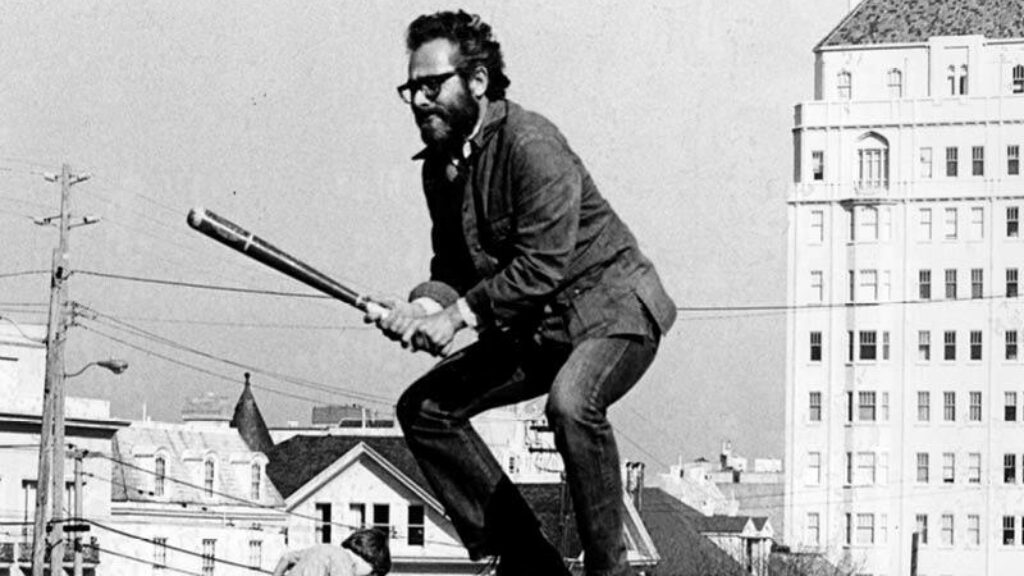
Finding Gold
Herbert Gold spoke quickly, telling ancient stories of friendship with Saul Bellow and run ins with Philip Roth. Between gusts of conversation, he ambled around, wielding his walker so nimbly that it seemed like a form of exercise.

What Goes Into Survival: A Report from the Washington Rally
People came by the hundreds of thousands, schlepping by train, chartered bus, overnight flight. Students raised money from relatives. Federations funded last-minute airfare. It was a rally for people who don’t attend rallies.
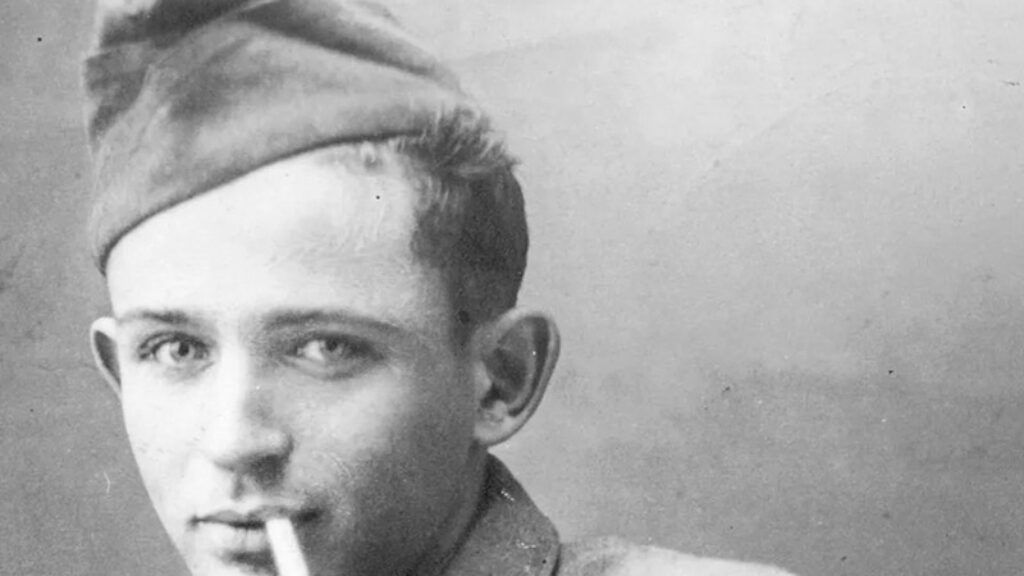
Another Round with Norman Mailer
Norman Mailer had the gift of enlivening everything he touched. And he touched almost everything, from politics to Hollywood to Sports. But his Jewish novel stayed in the drawer.
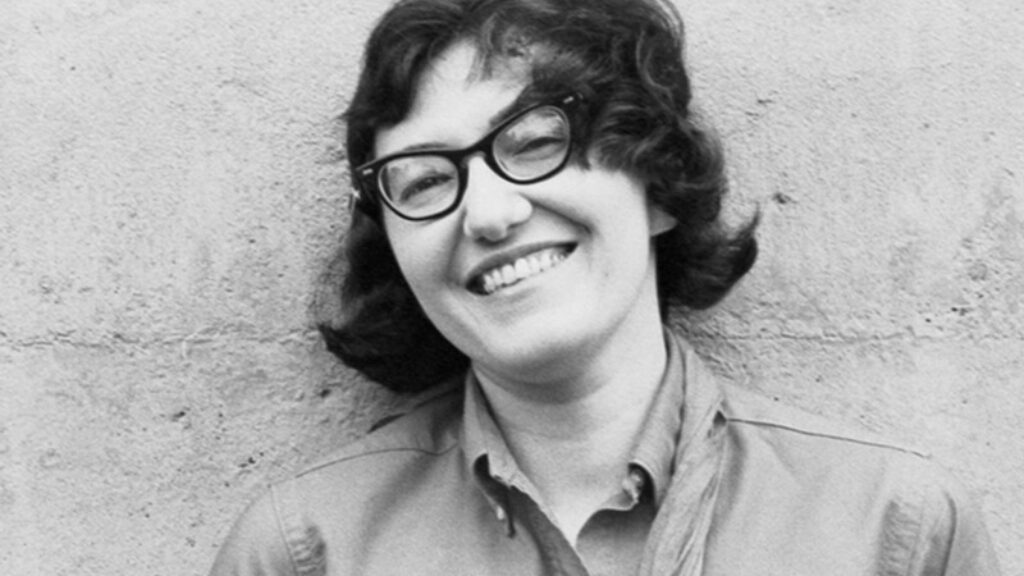
People of the Book World
"The Jewish market has become quite a good one,” a Knopf editor observed; even the “goy polloi” were buying, wrote another staffer.
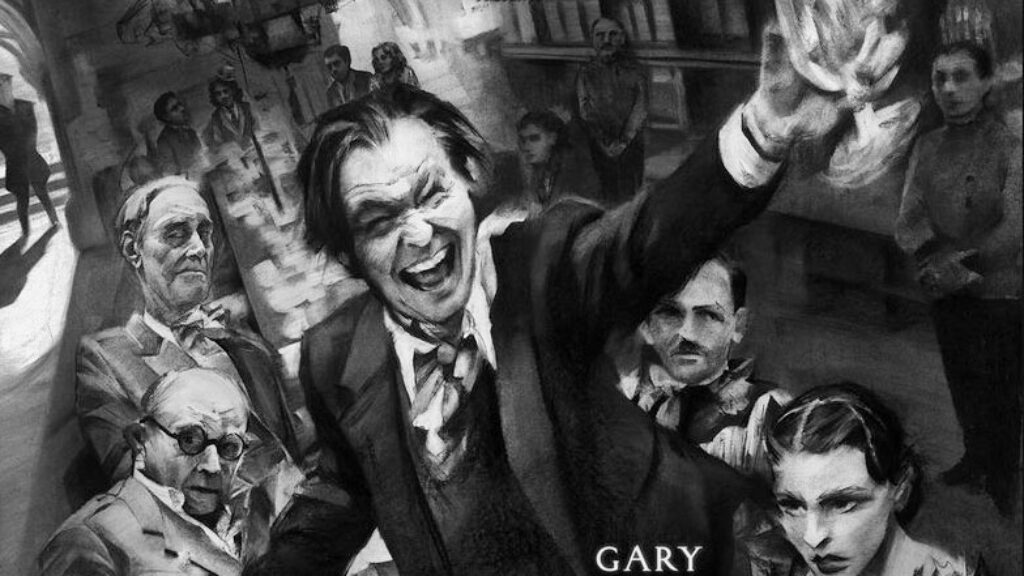
The Mocker and the Makhers
Herman Mankiewicz's life wasn't all drunken bets and witty repartee. After all, he wrote Citizen Kane. Life in 1930s "Eretz Demille."
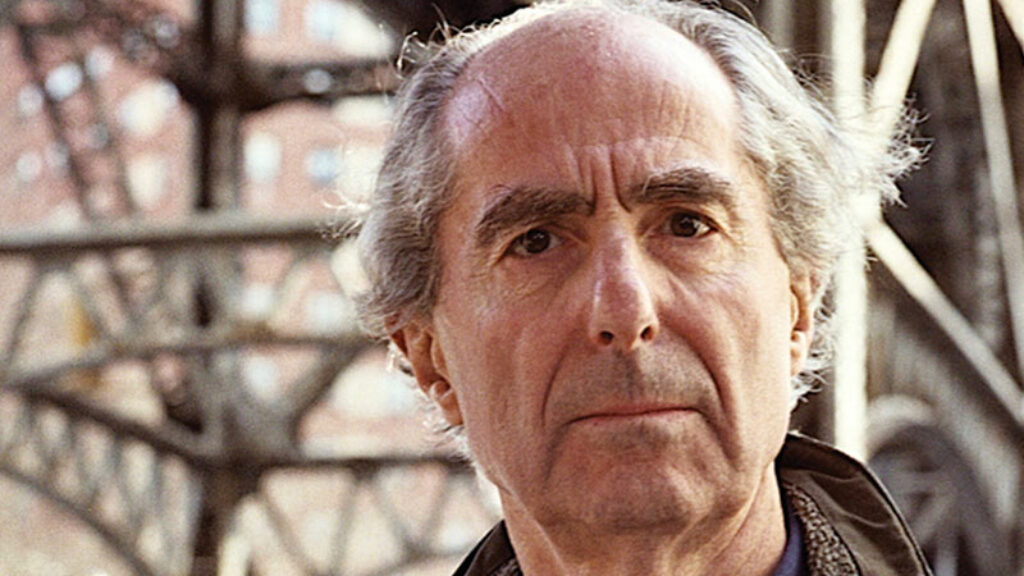
Not a Nice Boy
To every author who seemed too cautious—which was nearly every author he knew—Roth gave the same advice. “You are not a nice boy,” he told the British playwright David Hare. His friend Benjamin Taylor’s memoir is . . . nice.

History of Mel Brooks: Both Parts
On-screen, Mel Brooks was hysterically funny. Off-screen, he could quickly shift to morose or mean.

Some Kind of Genius
Ben Hecht’s life should come with a warning label: Biographer, beware. A trickster, a prankster, a cool Wildean ironist, he was always a fast-moving target.